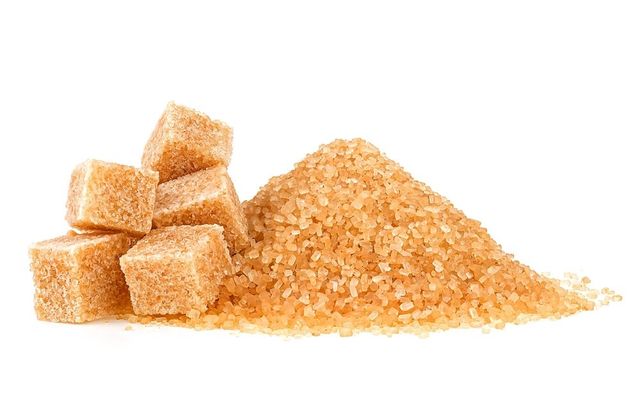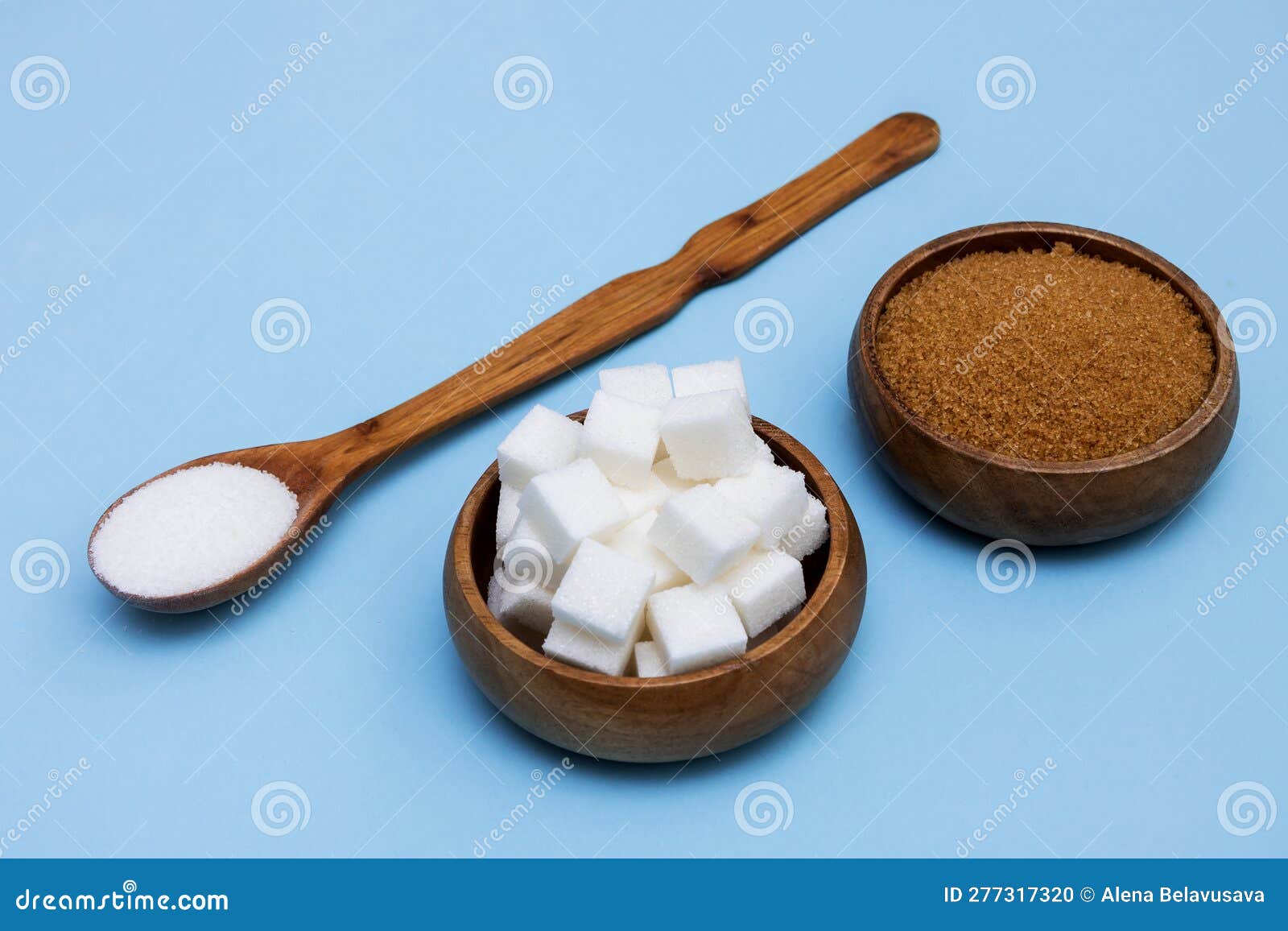Beet Sugar vs Cane: Exploring the Pros and Cons of Each Sweetener
Beet Sugar vs Cane: Exploring the Pros and Cons of Each Sweetener
Blog Article
The Fantastic Argument: Beet Sugar Vs Cane and Their Effect On Health And Wellness
The continuous dispute bordering beetroot sugar and cane sugar increases vital concerns regarding their particular wellness influences and wider effects for customer selections. This conversation welcomes us to think about not simply the sweetness we pick, yet the significant effects of those options on our wellness and the planet.
Review of Sugar Resources
Sugar, an extensively eaten sugar, mainly stems from two primary sources: sugar beetroots and sugar walking stick. These plants are cultivated in different areas around the globe, each adding to the international sugar supply in unique ways. Sugar cane flourishes in exotic and subtropical environments, with major producers including Brazil, India, and China. The plant is gathered for its stalks, which are after that processed to extract juice and take shape sugar.
On the other hand, sugar beets are primarily grown in warm areas, with significant production in countries such as the USA, France, and Germany. The beetroots are gathered from the ground, cut, and based on a process that converts the removed juice into granulated sugar. While both sugar sources eventually produce sucrose, their farming practices, refining methods, and geographical distributions differ markedly.
These differences can influence not just the environmental impact of sugar manufacturing but also the financial facets of sugar prices and profession. Recognizing the beginnings of these sweeteners is crucial for consumers and policymakers alike, as it lays the foundation for notified discussions about their wellness implications and sustainability.
Nutritional Comparison
When examining the dietary profiles of beetroot sugar and walking cane sugar, both resources share a similar make-up as they primarily consist of sucrose. Sucrose is a disaccharide, made up of glucose and fructose, and is in charge of the sweetness connected with both sugars. The refining processes for both beet and walking stick sugar return items that are mainly pure sucrose, with very little traces of vitamins, minerals, or various other nutrients.
In regards to calorie web content, both beet and cane sugars give about 4 calories per gram. Neither kind of sugar supplies substantial nutritional benefits past power stipulation, as they do not have crucial vitamins or minerals. Nevertheless, the presence of micronutrient, such as potassium, calcium, and magnesium, can differ slightly in between the 2, primarily as a result of the agricultural practices and soil conditions in which they are expanded.
Additionally, the glycemic index worths of beetroot sugar and walking stick sugar are comparable, showing similar impacts on blood sugar degrees. Overall, from a nutritional viewpoint, beetroot and cane sugars are functionally comparable, adding mainly to calorie intake without supplying significant health advantages over one an additional.
Health Implications
The health implications of consuming beetroot sugar and walking cane sugar warrant mindful factor to consider, specifically provided the rising occurrence of sugar-related wellness issues. Both sorts of sugar contribute comparable caloric values and can result in increased risks of excessive weight, kind 2 diabetic issues, and cardiovascular diseases when consumed over. The body sugars both metabolizes right into sugar, which can cause spikes in blood sugar level levels, leading to insulin resistance over time.
While there is continuous dispute relating to the glycemic index of these sugars, research studies recommend that both can negatively affect metabolic wellness if consumed in huge amounts. beet sugar vs cane. In addition, the prospective visibility of contaminants in beet sugar, such as chemicals from traditional farming practices, increases additional wellness issues. Conversely, cane sugar, specifically when minimally refined, may offer a slightly a lot more favorable profile because of its all-natural state
In addition, the usage of sugarcoated, no matter the source, is connected to adverse health results, including oral problems and fatty liver condition. Small amounts is crucial, and people should be conscious of their total sugar intake from all resources, inevitably focusing on whole foods over added sugars for optimal health outcomes.
Ecological Influence
Recognizing the health implications of beet and walking cane sugar likewise brings about an evaluation of their environmental effect, which can dramatically influence farming sustainability and ecological balance. Both sugar resources have unique ecological footprints, shaped by their cultivation techniques and geographical requirements.

On the other hand, beetroot sugar is normally grown in temperate environments and commonly entails diverse crop turnings. This technique can boost soil wellness and reduce reliance on chemical inputs. However, intensive beet farming can likewise bring about nutrient depletion and insect pressures otherwise taken care of sustainably.
Both sugar types present difficulties and chances for ecological stewardship. Promoting lasting agricultural techniques and responsible sourcing can minimize their effects, making certain that sugar manufacturing aligns with environmental conservation and lasting food safety click resources and security.
Consumer Preferences
Amidst expanding recognition of health and wellness and environmental problems, consumer preferences for sugar kinds are progressively influenced by understandings of health and wellness benefits, sustainability, and moral sourcing. Beetroot sugar and cane sugar each existing one-of-a-kind characteristics that appeal to different customer demographics.
Health-conscious consumers usually inspect the dietary accounts of these sugars, looking for alternatives regarded as much less refined or more all-natural. Walking cane sugar, commonly considered the standard sugar, is occasionally preferred for its perceived purity and simpleness. On the other hand, beet sugar, which is often stemmed from genetically customized plants, encounters apprehension among those concerned regarding GMOs.
Sustainability is another significant element affecting customer choices. As recognition of farming techniques expands, numerous consumers select items that align with environmentally friendly farming techniques. Cane sugar manufacturing, especially when sourced from sustainable ranches, can attract eco-conscious buyers.
Ethical sourcing plays an essential duty also, with customers increasingly preferring items that support reasonable labor methods. Accreditations such as Fair Trade can boost the appearance of walking stick sugar in the market. Eventually, consumer choices are formed by an intricate interaction of health, ecological, and ethical factors to consider, driving demand for both beetroot and walking stick sugars in diverse markets.
Conclusion
In verdict, the argument in between beetroot sugar and walking cane sugar incorporates various factors, consisting of dietary profiles, health and wellness effects, and ecological effects. beet sugar vs cane. While both sugars mostly consist of sucrose and display similar caloric material, issues pertaining to pesticide use in beetroot sugar and the ecological effect of walking stick sugar monoculture warrant careful consideration. As consumers progressively prioritize sustainability and health and wellness, notified choices pertaining to sugar usage end visit this web-site up being necessary in promoting total wellness and environmental stewardship

Report this page